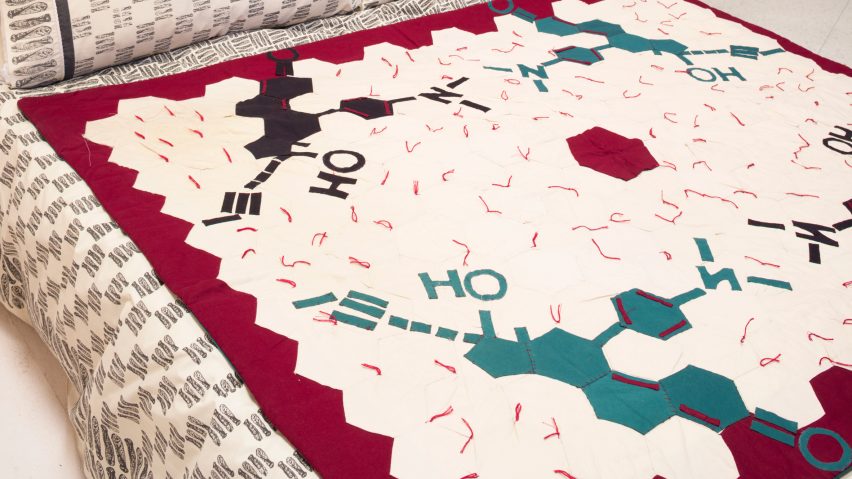
Subversive art is hidden throughout 90s TV soap Melrose Place
Conceptual artworks that were secretly used as props on primetime television series Melrose Place have gone on show at an exhibition in New York.
Called Total Proof, the exhibition presents props laden with hidden meanings that appeared on the hit series between 1995 and 1997.
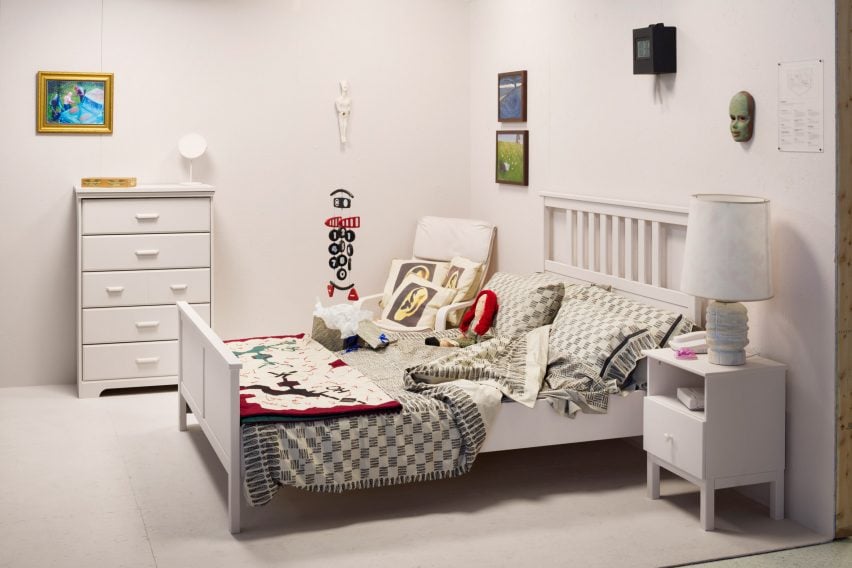
The pieces were specially designed by art collective the GALA Committee for Melrose Place – an Aaron Spelling-produced soap opera mostly dedicated to the romantic entanglements of residents within a West Hollywood apartment complex.
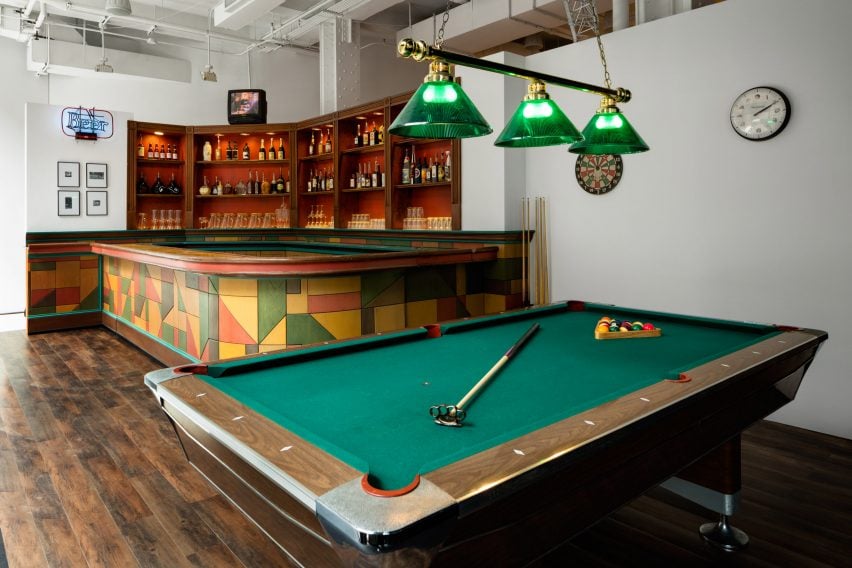
The artists worked with the show's scriptwriters to ensure that the artworks had relevance to the plot, even though the audience had no idea of their existence.
So when Courtney Thorne-Smith's character, Alison, works from her couch while pregnant, the quilt she is under is stitched with a pattern of the chemical structure for the abortion drug RU 486. The drug was illegal in the US at the time.
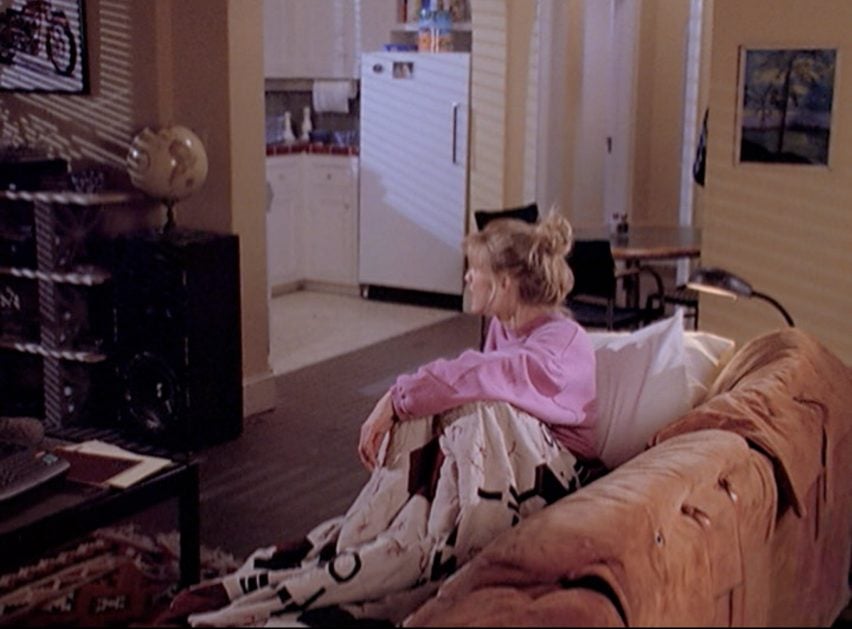
For the residents' local bar, Shooters, the GALA Committee designed 75 unique bottles that detail the health and social issues relating to alcohol consumption in the history of the country.
Some of the interventions included material that evaded the censors at the Federal Communications Commission, like a set of bed sheets printed with graphics of unrolled condoms – images of which were banned from public broadcast.
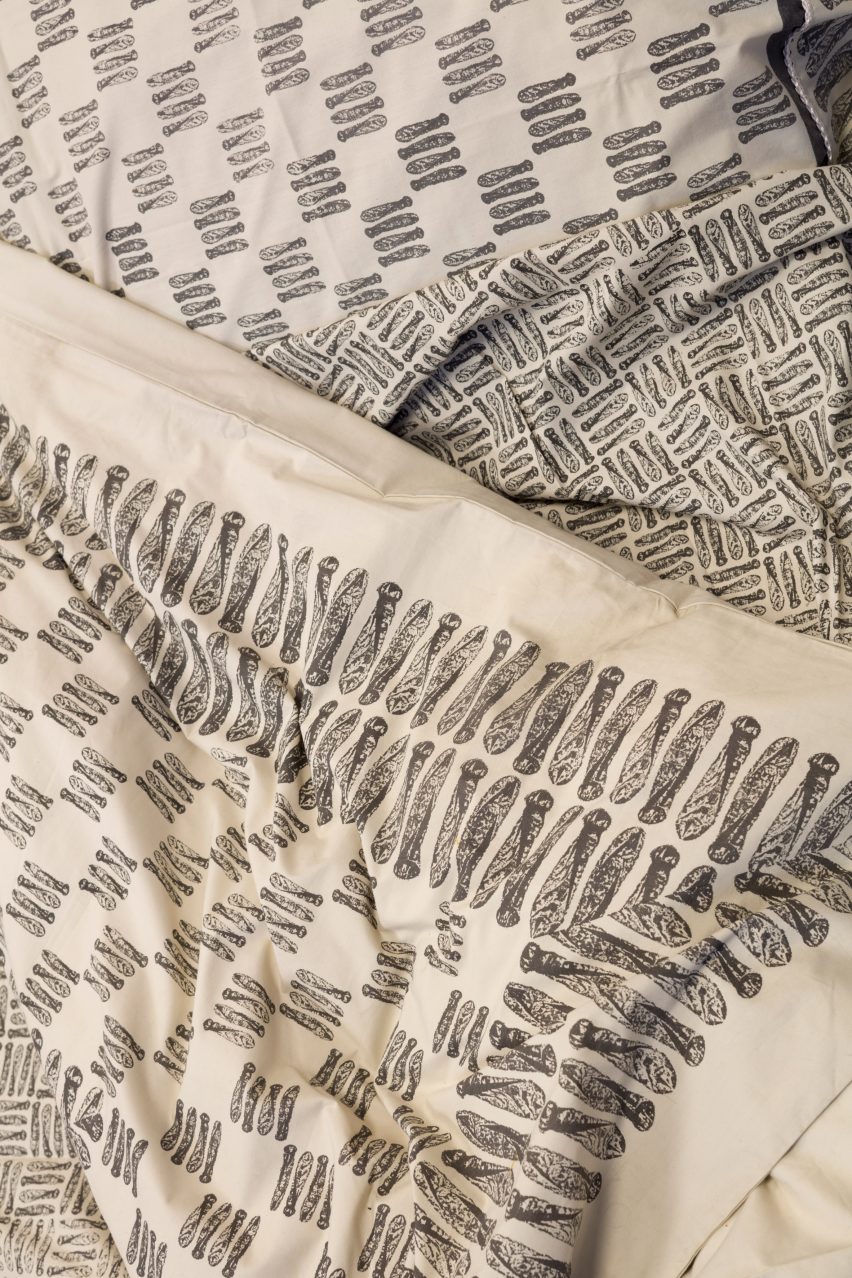
The GALA Committee titled their project, which appeared in seasons four and five of the series, In the Name of the Place.
The group was led by Mel Chin, who gathered fellow artists along with faculty and students from the University of Georgia and California Institute of the Arts under the GALA Committee umbrella. The "GA" in its name stands for Georgia and the "LA" for Los Angeles.
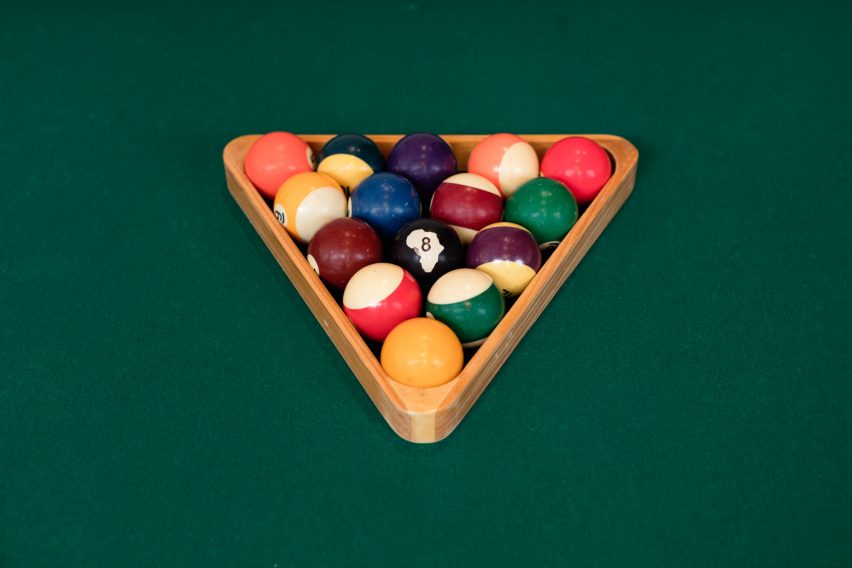
Motivated by the idea that network television could prove a more powerful site for public artwork than a physical place, they pitched the idea to the Melrose Place producers, who agreed to the unconventional product placements.
The artists were not paid by Spelling Entertainment; instead, the project was independently funded by arts institutions like the Museum of Contemporary Art Los Angeles (MOCA), Grand Arts in Kansas City and The Rockefeller Foundation.
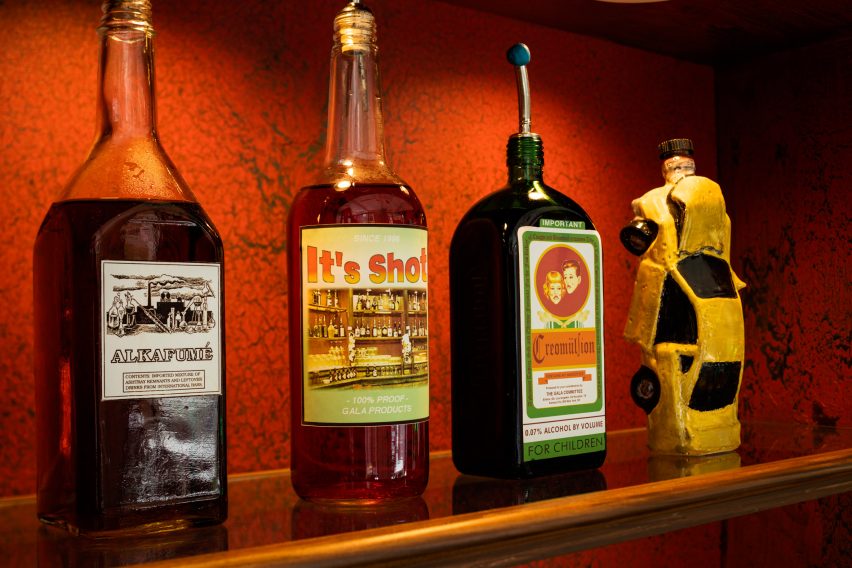
The works eventually made their way to a physical exhibition, Uncommon Sense, at MOCA in 1997 – an exhibition that was actually attended by Amanda (Heather Locklear) and Kyle (Rob Estes) on season five, episode 28 of Melrose Place.
After the show, the works were auctioned through Sotheby's, with all money raised donated to education charities in California and Georgia that supported women aged 18 to 49 – the same target audience as Melrose Place.
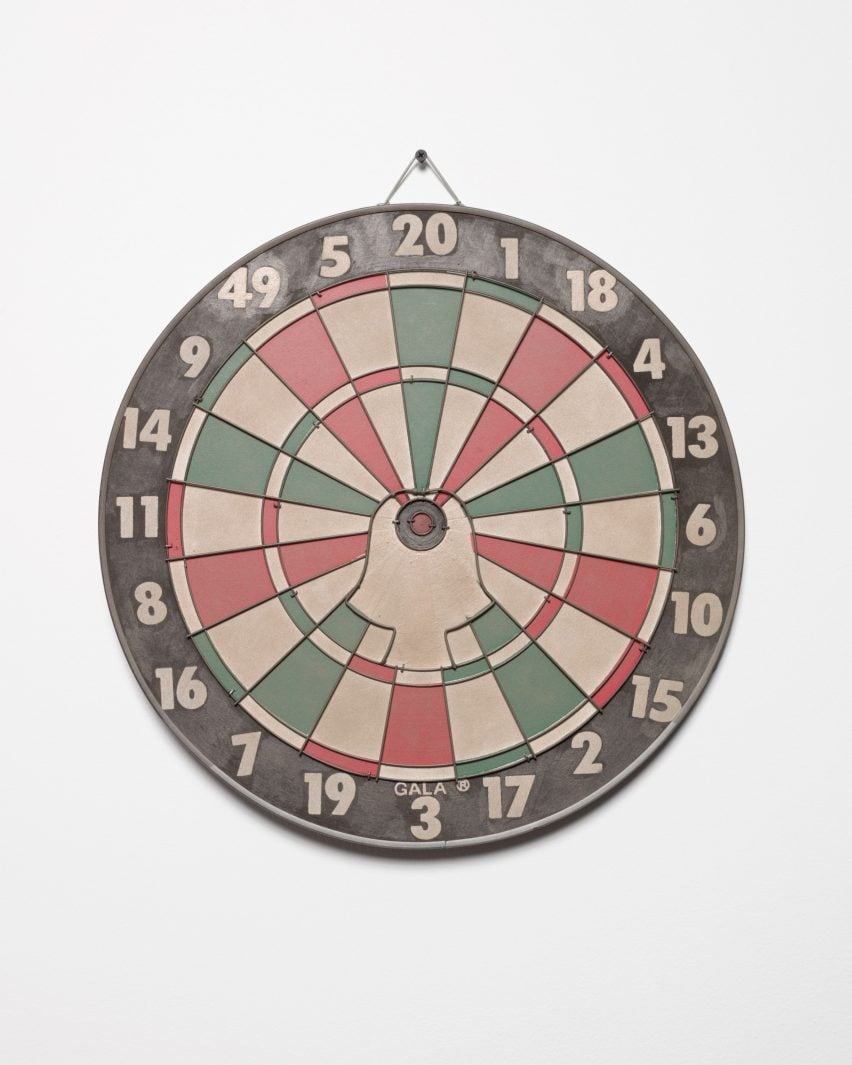
The works have now been reunited for a show at Red Bull Studios in New York, which describes the project as "one of the most elaborate and well-orchestrated collaborations in contemporary art and television history".
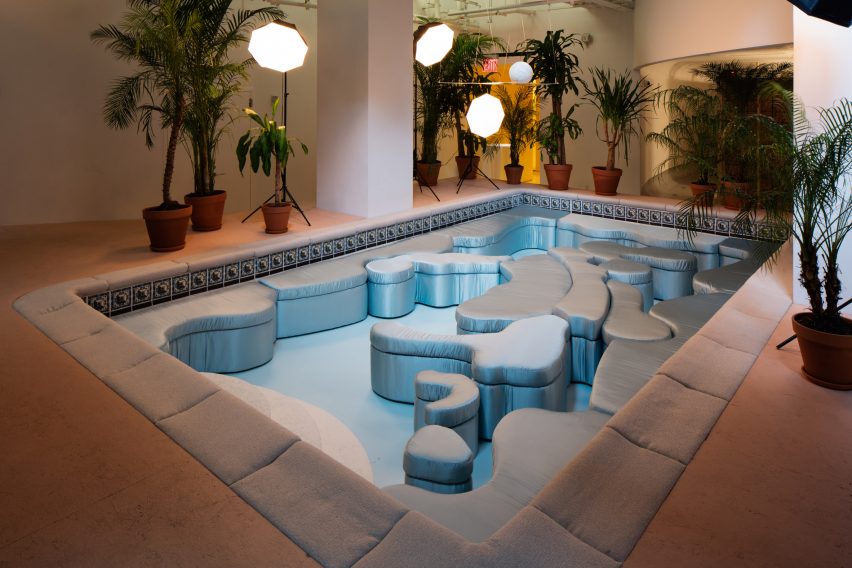
The art space is showing the works in situ, with areas of the gallery designed to resemble recurring sets from Melrose Place, like the bar Shooters, the workplace D&D Advertising and a bedroom.
Architectural design studio Lot-ek produced the exhibition design, while Chin contributed a conversation pit that mimics the form of the Melrose Place pool.
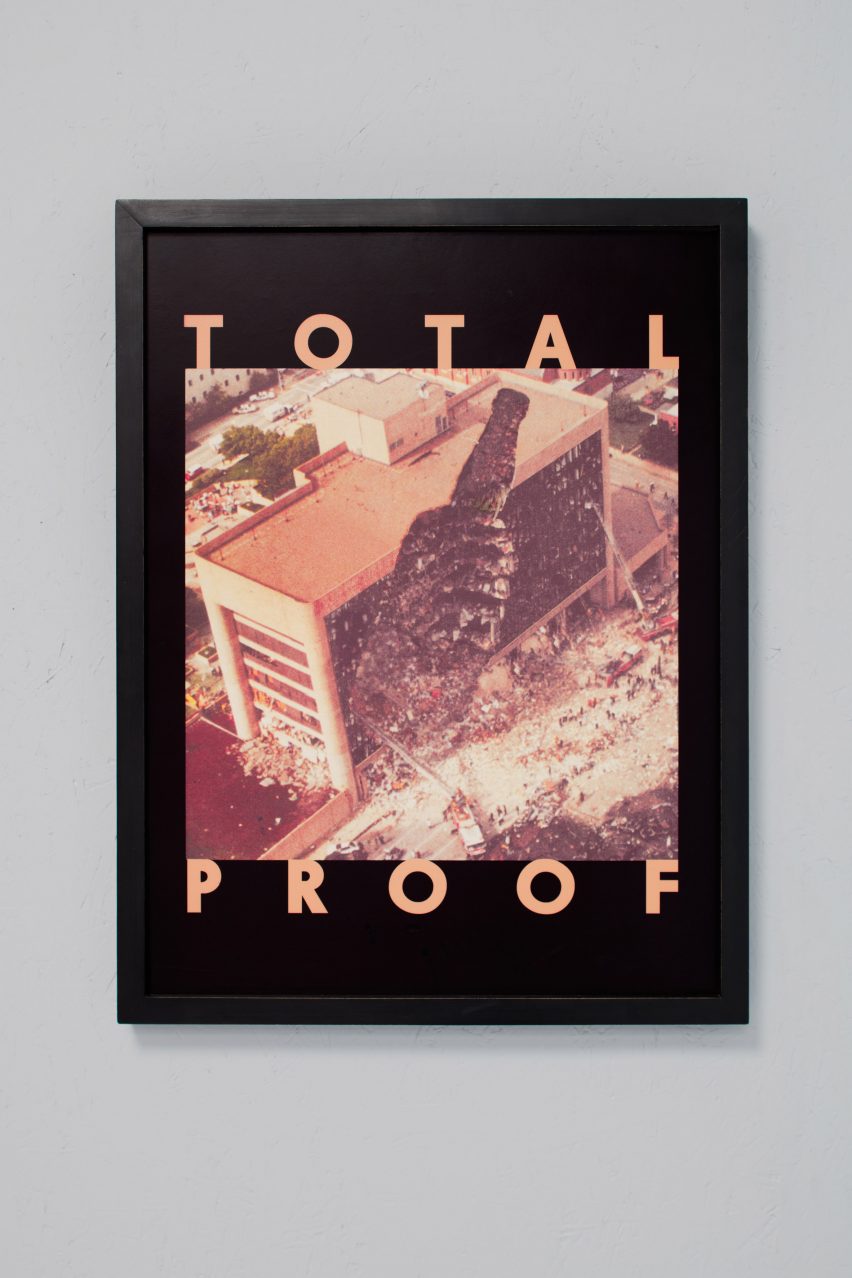
The GALA Committee's work with Melrose Place wound down after one of their more controversial placements, Total Proof – a framed print depicting the site of the 1995 Oklahoma City bombing, a domestic terror attack that killed 168 people, with an impact crater in the shape of a bottle of Absolut Vodka.
Other notable works from the project included a black eight-ball emblazoned with a map of Africa for the Shooters pool table, a dartboard with a woman's head as the "target" audience, and a baby mobile based on a television remote control.